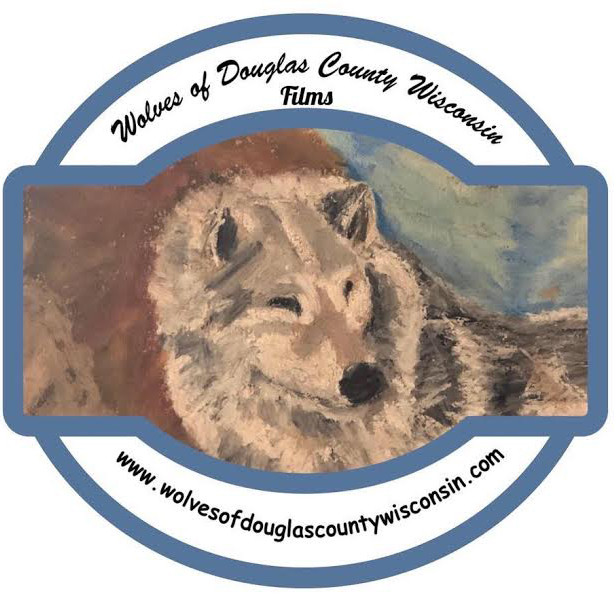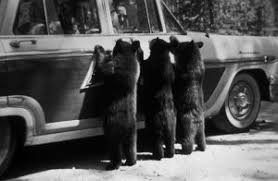The research proves that baiting for hunting is altering the natural history of Wisconsin’s black bears.
The research concerning the baiting of black bears was published in a research article titled Consumption of Intentional Food Subsidies by a Hunted Carnivore. The article revealed some startling results.
The baiting of black bears starts in April and goes through to the end of September. That’s roughly six months of intentional food subsidies being fed to a carnivore. Not to mention, that’s a lot of disruption to the black bear’s natural habitat. Over four million gallons of bait are dropped in the woods for the purpose of hunting black bears. Bears are fed donuts, gummy bears, and cereal. Donuts have a high volume of calories, some doughnuts contain partially hydrogenated oils, which aren’t healthy for the heart, and most doughnuts are made with white flour. Glazed doughnuts contain 210 mg of sodium.
Black bears are omnivores that eat food of both plant and animal origin.
It’s no surprise that baiting black bears is a cause for alarm. It’s been controversial for a number of years. But what’s interesting now is the research points out a number of problems resulting from the baiting of black bears.
Female consumption of high caloric food subsidies can increase fecundity (the ability to produce an abundance of offspring or new growth; fertility), and can train cubs to seek bear baits. According to the research this can increase a population above its ecological carrying capacity.

Black bears are omnivorous and spend spring, summer, and autumn foraging for Native Forage, which includes known bear foods: berries, acorns, grasses and sedges, other plants, and white-tailed deer.
Today, black bears in Wisconsin are being conditioned to search out human foods placed at bear-baiting stations, which is influencing their natural habitat. Researchers found that humans are influencing the ecosystem not only through top-down forces such as hunting but also through bottom-up forces such as subsidizing the food base.
The Researchers found that if food subsidies (bait) were removed, bear-human conflicts may increase, and bears may no longer be able to subsist on natural foods.
During its first century, Yellowstone National Park was known as the place to see and interact with bears. Hundreds of people gathered nightly to watch bears feed on garbage in the park’s dumps. Enthusiastic visitors fed bears along the roads and behaved recklessly to take photographs.
The high availability of energy-rich food can also alter the Denning chronology, shortening the Denning period.
The “heart” of conservation is missing when a species is managed for the sole purpose of harvesting it. Wisconsin Department of Natural Resources estimates; most recent data indicates the bear population is estimated to be just under 29,000. DNR manages bear population size through regulated hunting. In the end, black bears are managed for economic gain through hunting.
Individual species should and must be managed for the good of the species and the habitat on which it depends. “Do not feed the wildlife.” Let’s bring back the heart of conservation. But then, Should I remove my bird feeders?


Leave a Reply